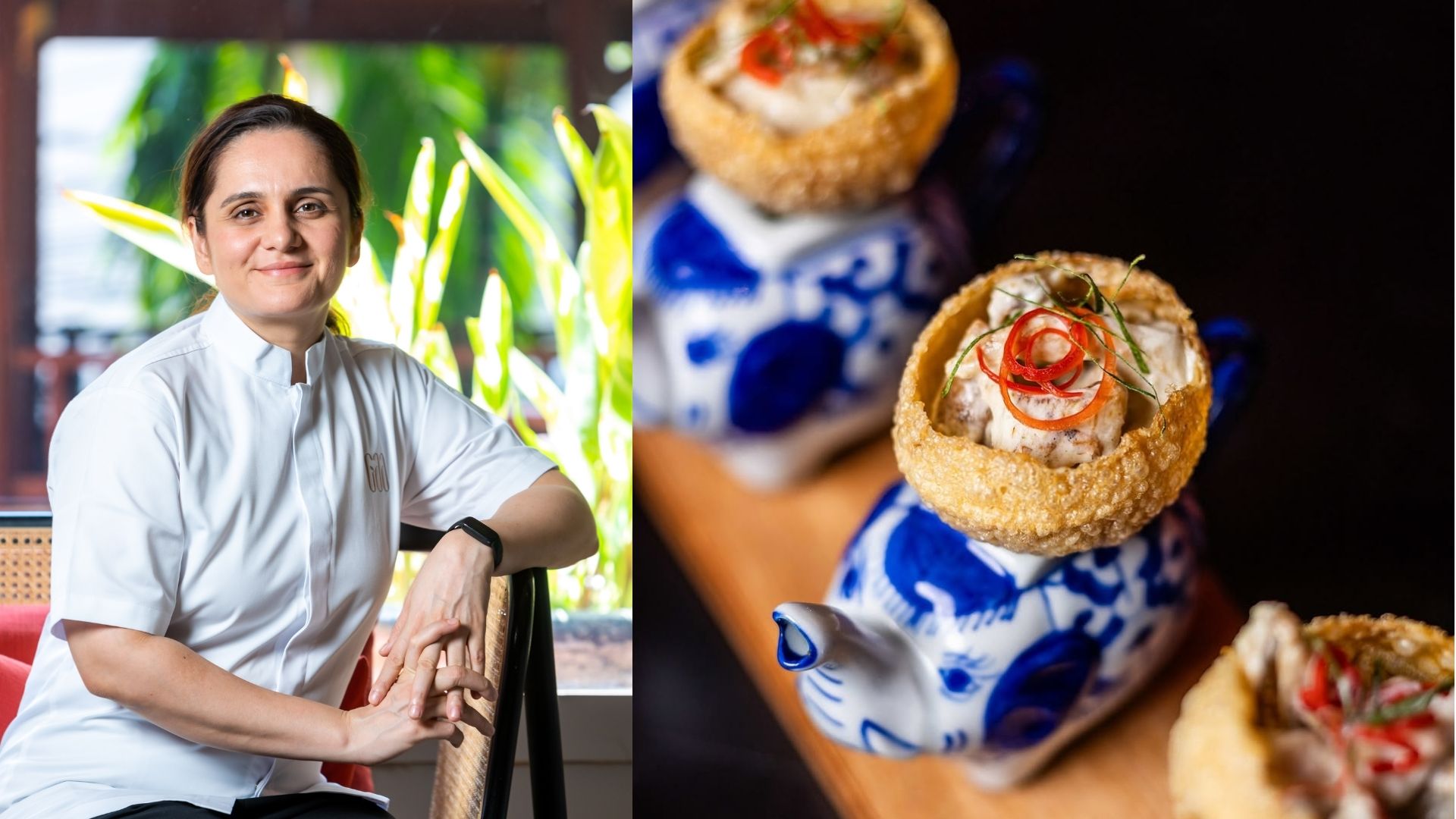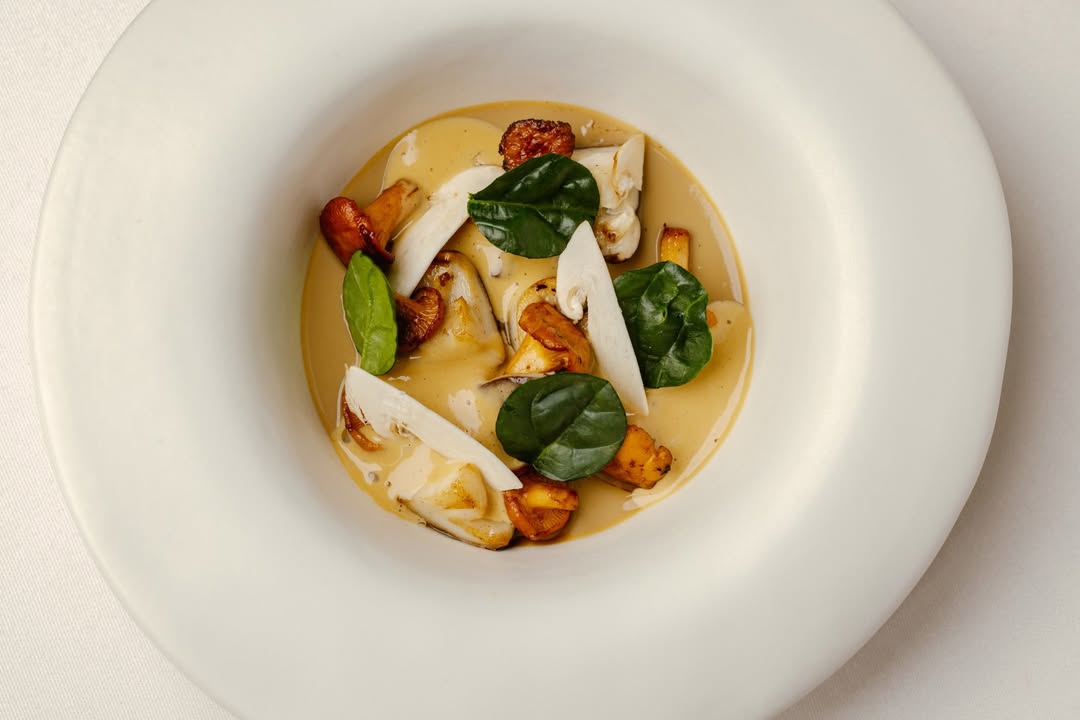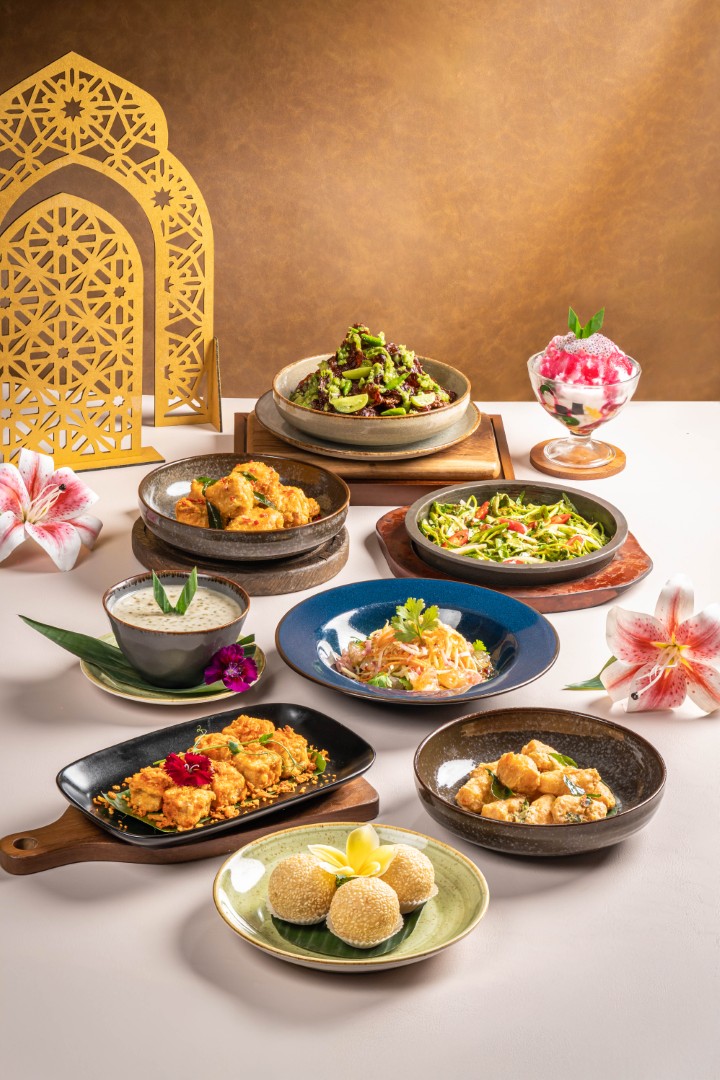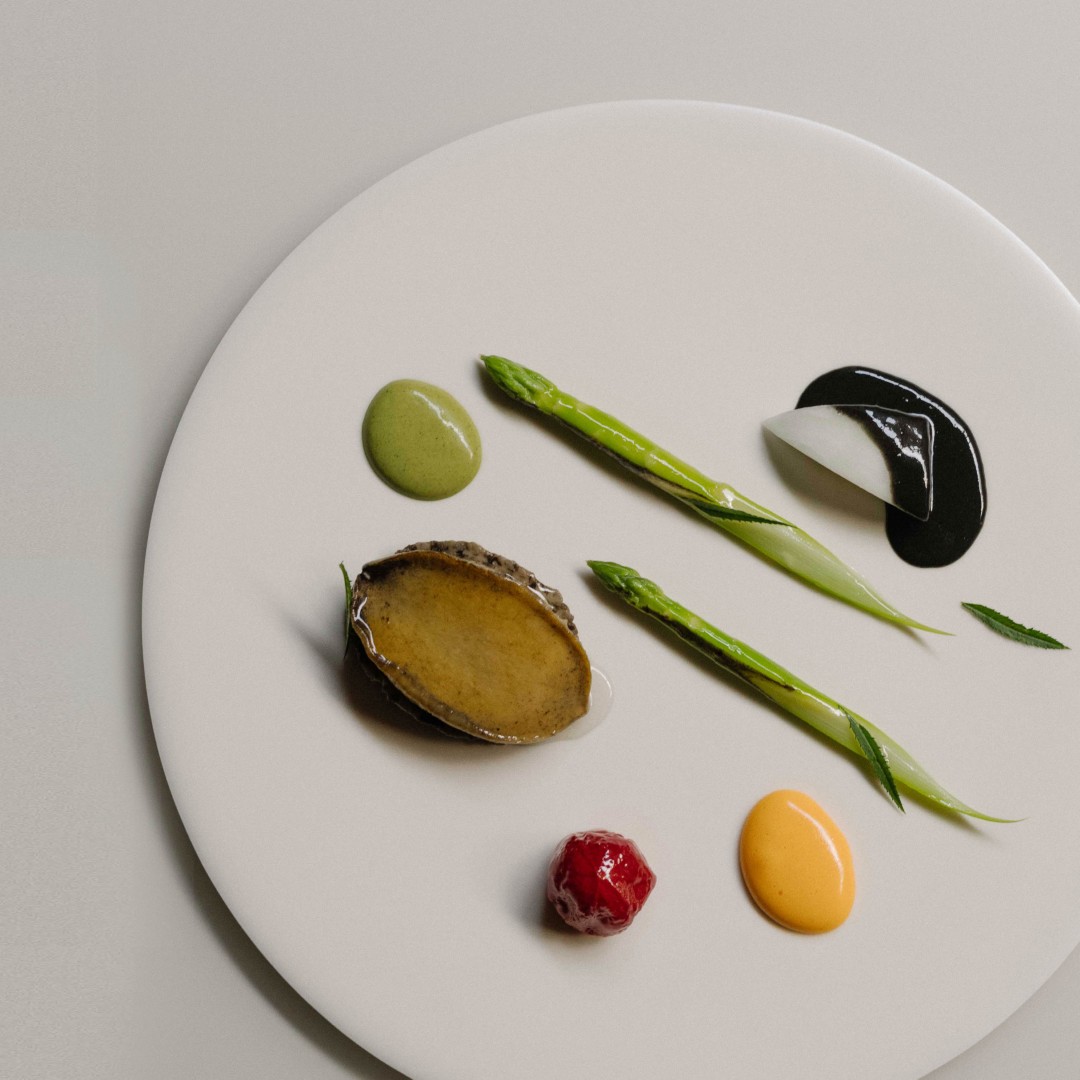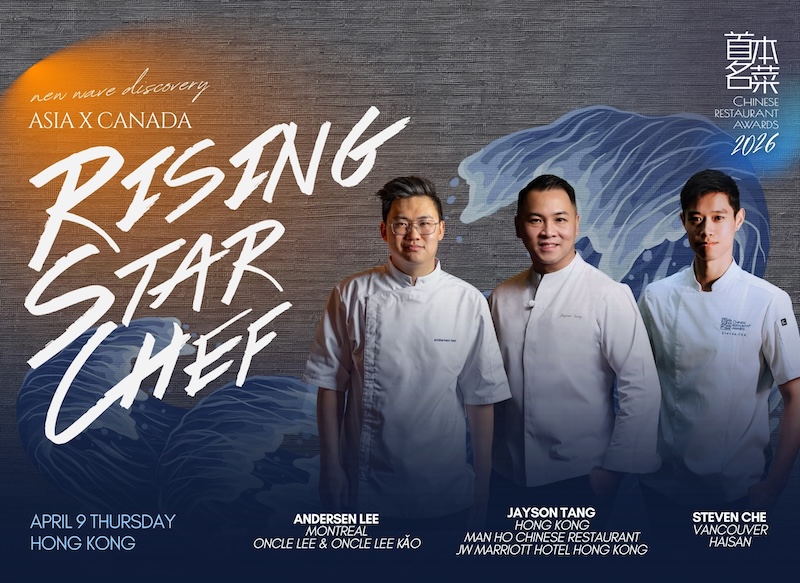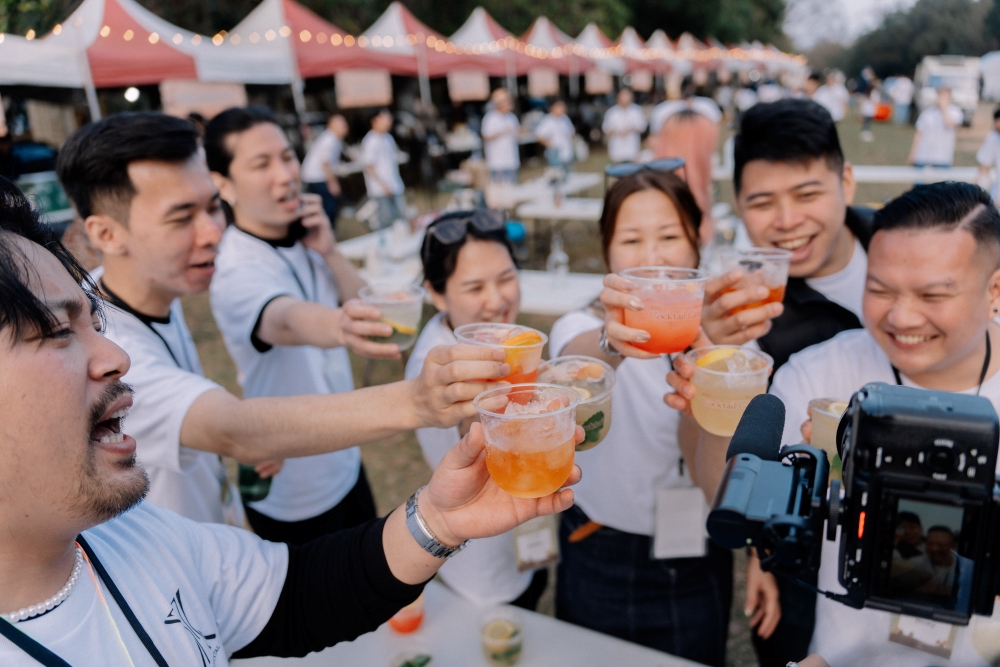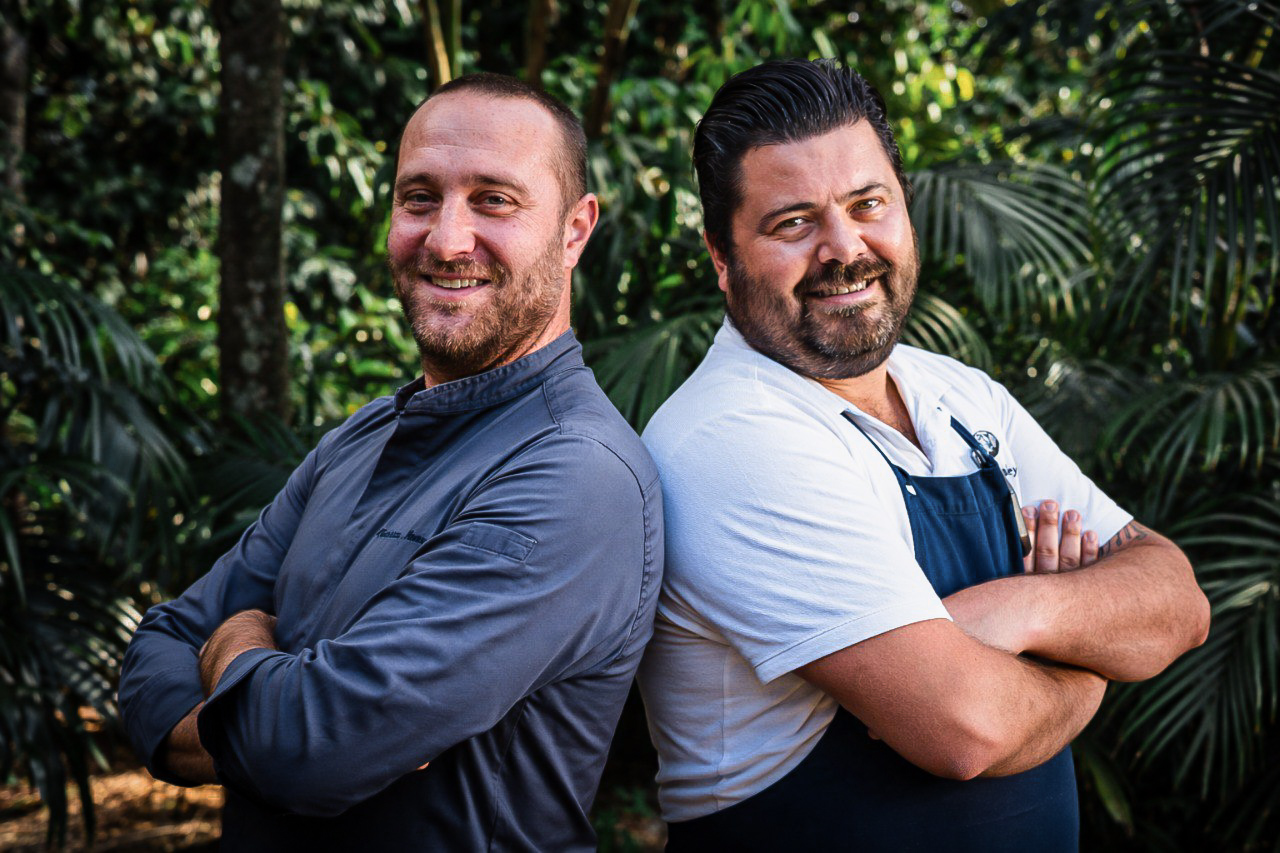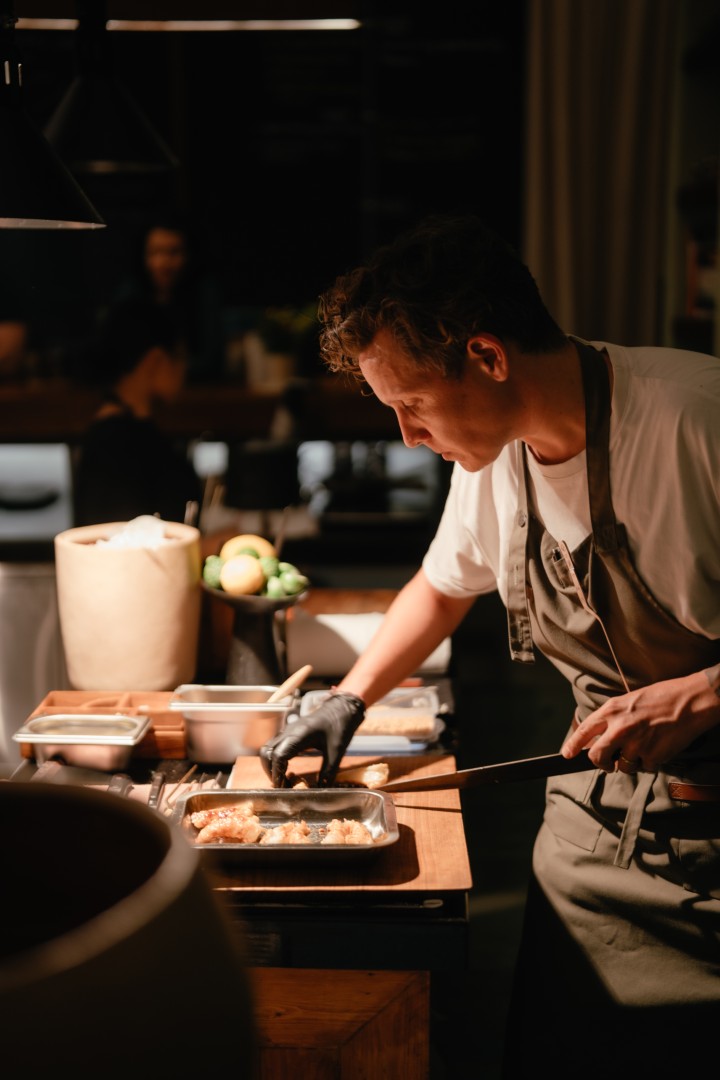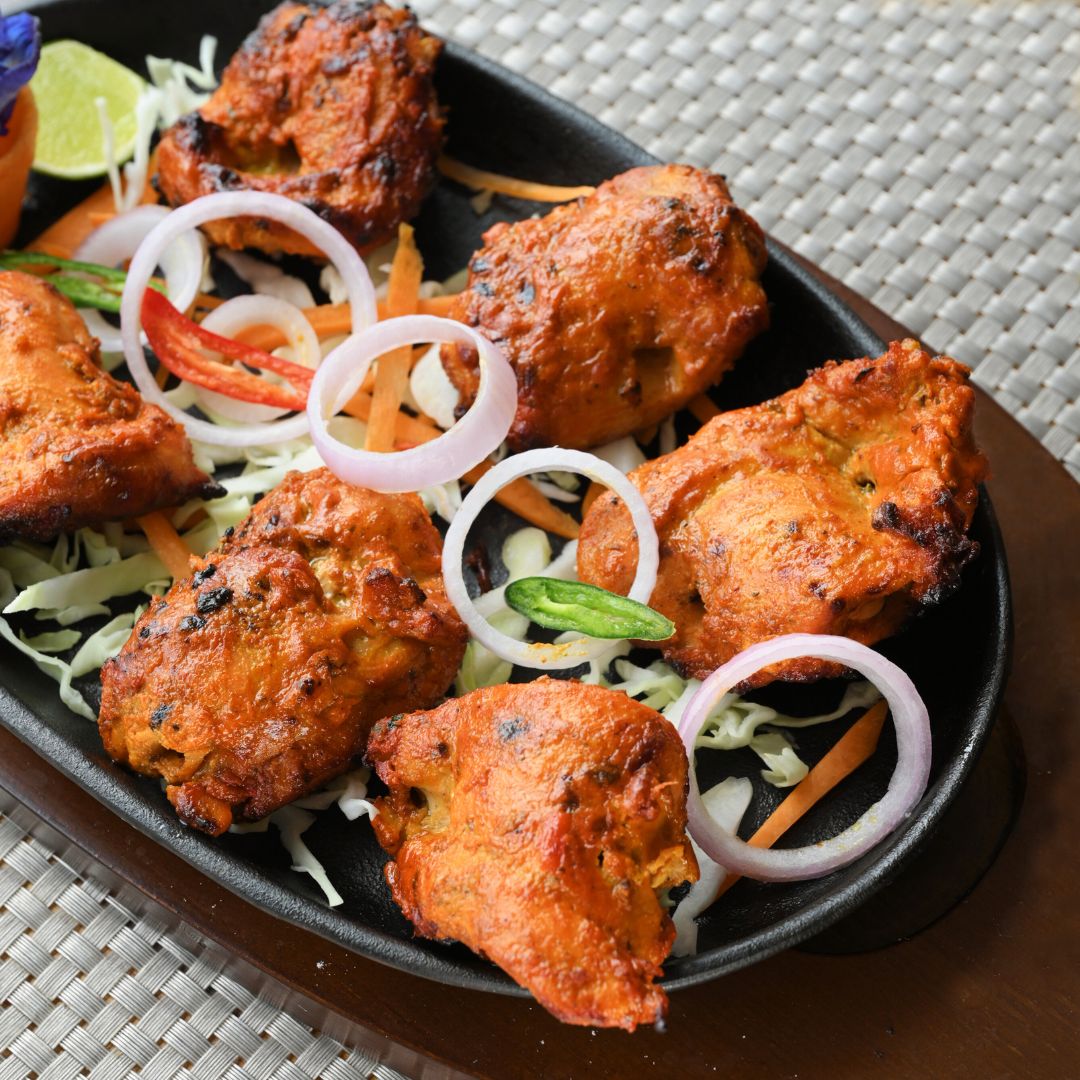Chef Garima Arora’s name resonates with culinary innovation and a steadfast dedication to redefining traditions. Her journey from Mumbai to the pinnacle of global gastronomy, where the restaurants she led earned two Michelin stars, is a testament to her skill and vision as the first Indian woman to achieve this milestone. With restaurants like Gaa in Bangkok and Banng in Gurgaon, Garima crafts narratives that bridge Indian and Thai cuisines, inviting diners to rethink familiar flavors. As Indonesia celebrates Kartini Day, honoring women who forge new paths, Garima’s story underscores the power of heritage and ambition.
Raised in Mumbai, Garima’s culinary curiosity was ignited by her father, whose travels introduced the family to diverse global flavors. “As a child, I have incredibly fond memories of my father introducing us to new cuisines from his travels; his passion and interest were prominent, and this fueled mine as well,” she recalls. This early exposure laid the foundation for a career that would challenge and expand the boundaries of Indian cuisine.
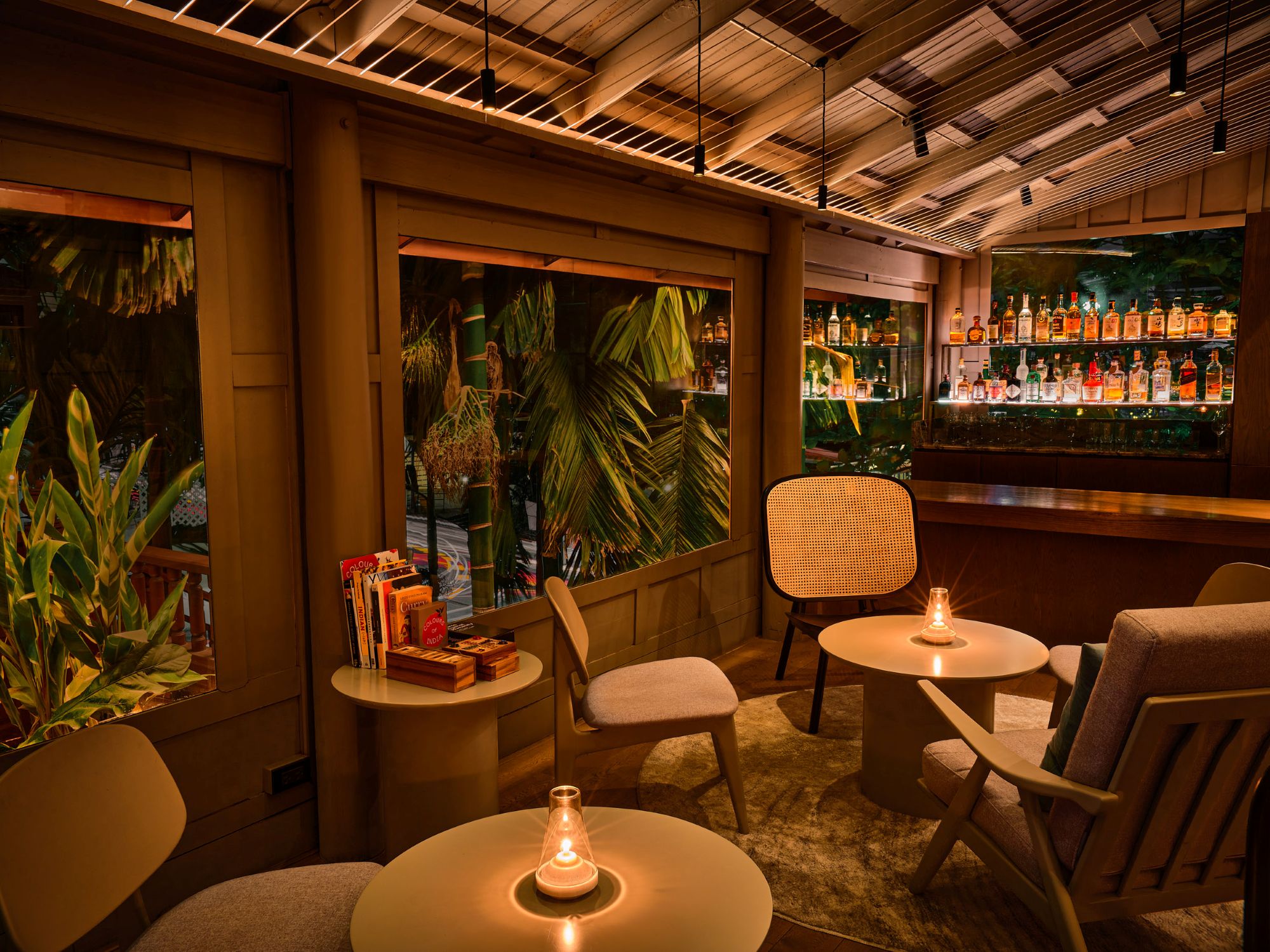
Rooted in Heritage
Garima Arora’s culinary path began not in a kitchen, but at a newspaper. “I always wanted to start a restaurant, but I thought I needed a steady job first,” she recalls. Six months into her journalism career, she realized time wasn’t on her side. “Being a chef is a young person’s game. I had to do it now, if at all.” With her father’s encouragement—a man whose own travels inspired her early love for global flavors—she left Mumbai for Paris’s Le Cordon Bleu at 21.
Her training led her to Dubai’s Verre by Gordon Ramsay and Copenhagen’s Noma, where she learned to view food as “an intellectual enterprise.” Yet, it was a detour to Thailand in 2017 that crystallized her vision. A visit to Udon Thani’s markets revealed unexpected parallels between Indian and Thai ingredients, sparking the idea for Gaa—a restaurant named for her initials.
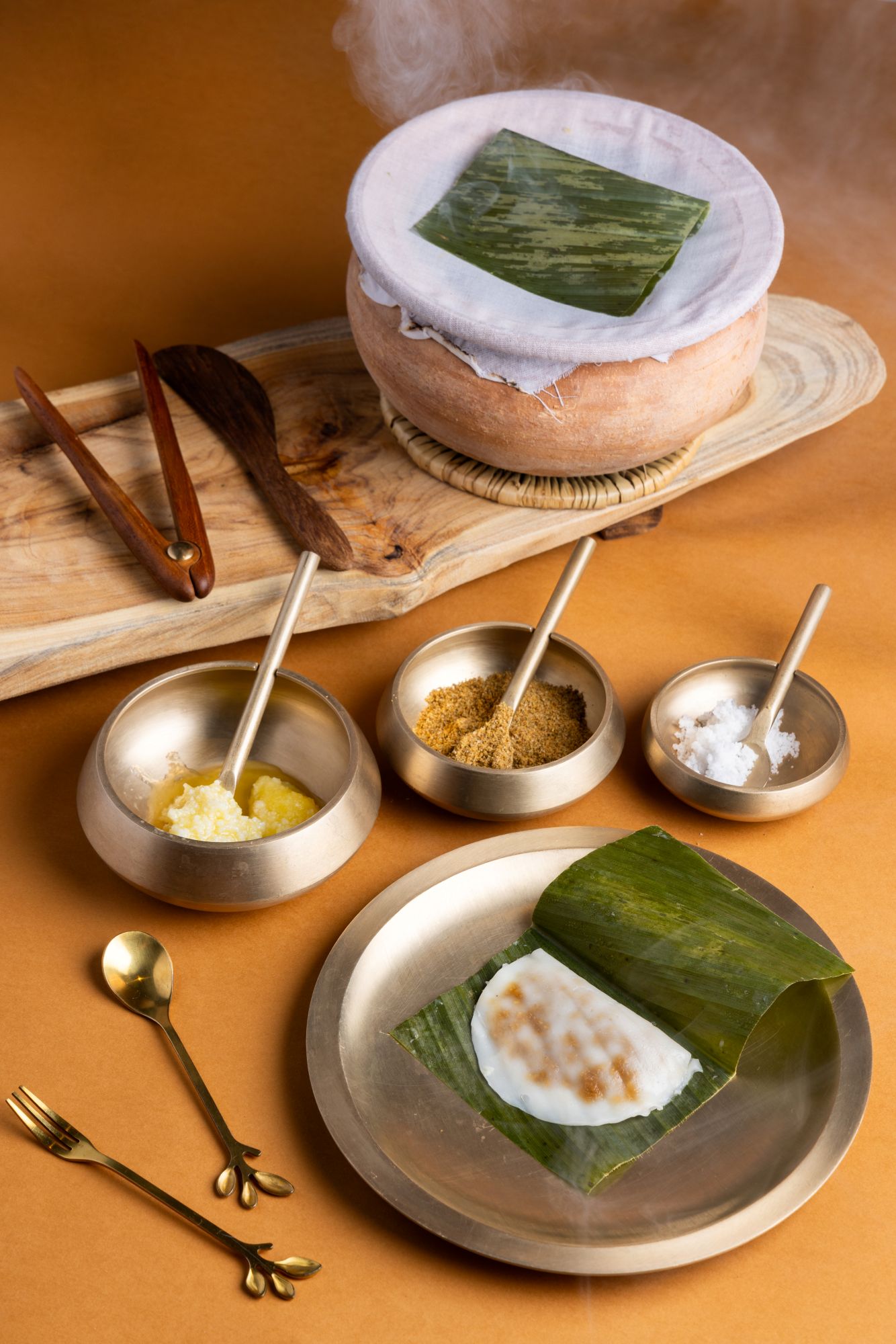
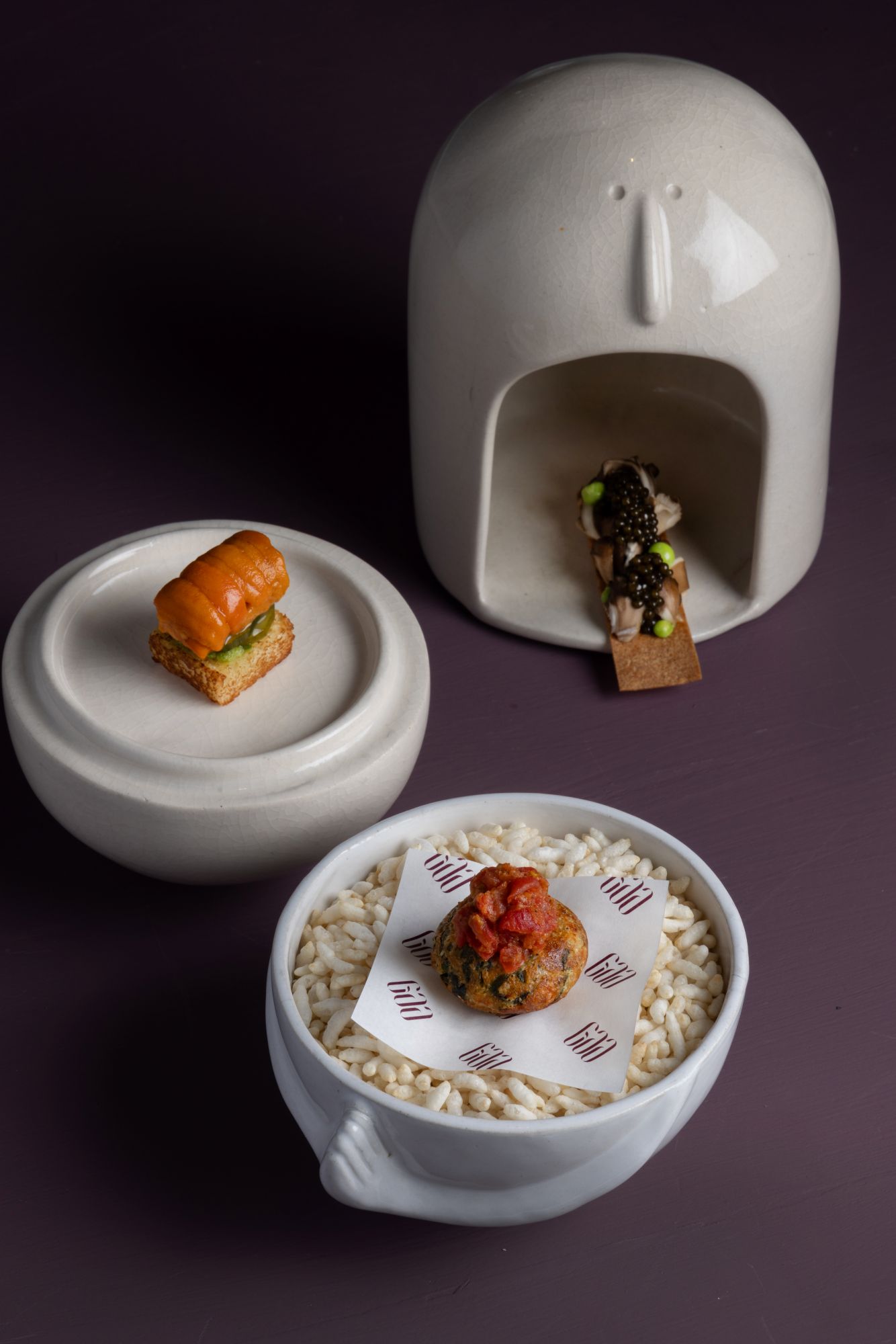
Gaa: Where India Meets Thailand
At Gaa, Garima’s menus are a dialogue between cultures. Thai ingredients meet Indian techniques: jackfruit mimics pulled pork in a Kerala-inspired taco; palm sugar is pickled using Gujarati methods. “With Gaa, I introduce regional Indian flavors to Thailand through local produce,” she explains.
When asked about her approach, Garima emphasizes her broader mission: “My aim with both of my restaurants is to showcase the versatility of cuisines. With Gaa, I am introducing regional Indian flavours and recipes to Thailand using the bounty of this incredible country, and with Banng, I am introducing regional Thai flavours through my lens to my home India. While Indian cuisine is what I grew up with, the diversity within it still amazes me… and the same is true for Thai food.”
The restaurant’s design mirrors this fusion. In the Baan Ruen Thai dining room, taupe walls and curved ceilings nod to traditional Thai architecture, while a white string installation references Sin Sai, a Thai blessing ritual.
The accolades followed swiftly: a Michelin star within a year (2018), a second in 2023, and a spot on Asia’s 50 Best Restaurants. Yet Garima remains grounded. “Awards are a byproduct. We focus on cooking with integrity.”
At Gaa, Garima’s ambitions extend far beyond personal accolades. She is deeply committed to championing and reshaping the narrative surrounding Indian cuisine. Through her non-profit initiative, Food Forward India, Garima fosters an environment of inclusivity, assembling a diverse team of chefs from all backgrounds. Dedicated to exploring and documenting the vast diversity of India’s culinary landscape, her kitchen becomes a nurturing space where culinary talents are honed, with the hope that these chefs will eventually establish their own restaurants.
Garima’s commitment to social responsibility extends to her support of ChefCares, a program that empowers disadvantaged children by providing them with culinary education. Many of Gaa’s interns are drawn from this program, further demonstrating Garima’s belief in the transformative power of food and opportunity.
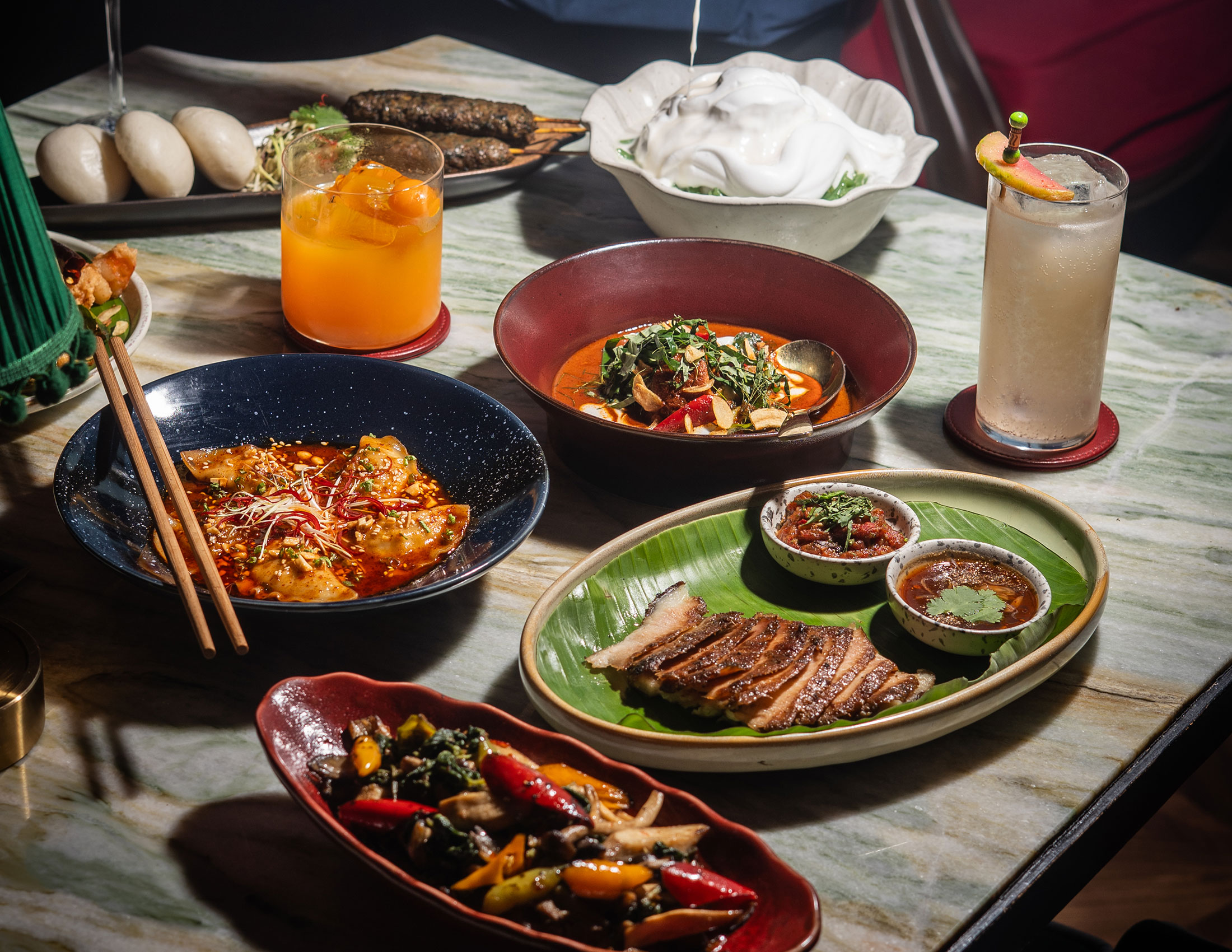
A Love Letter to Bangkok
Garima had always wanted to open a restaurant in her home country of India. “I’ve been waiting to do something in India for a long time,” she noted. “I always wanted to open a Thai restaurant in India.”
In a full-circle moment, Garima finally made her return to India with Banng, a Gurgaon-based Thai restaurant. Partnering with hospitality veteran Riyaaz Amlani, she aims to showcase Thailand’s culinary depth beyond pad thai. Located in the DLF Two Horizon Center, Banng is Chef Garima’s heartfelt tribute to Bangkok, capturing the city’s bold and vibrant flavors. The concept draws inspiration from the dynamic energy and soul of Bangkok, reinterpreted in a way that feels personal and seamlessly adaptable to the Indian setting.
“Through Banng, I want to showcase the depth and diversity of Thai regional cuisine, not just the dishes people already know, but also the hyper-local flavors that make Thai food so layered and dynamic.”
Dishes like Tom Kha Pani Puri (coconut broth in crispy shells) and Yum Seabass salad blend Thai zest with playful presentation. The research was exhaustive. “We traveled Thailand to understand the ‘whys’ of each dish,” Garima notes. The result? A menu where fiery nam prik relishes coexist with delicate white curries rarely seen outside Thailand.
Making Momentum
Today, Garima balances the demands of Michelin-starred kitchens with the joys and challenges of motherhood. “I recently gave birth to my baby girl, so most of my energy has gone towards taking care of my family and managing my two restaurants,” she shares. Beyond her culinary achievements, Garima embraces her roles as both mother and mentor, acknowledging the complexities of managing personal and professional responsibilities. “Luckily, I have a great team behind me and such amazing family support. If anything, with the birth of my baby, I have been feeling inspired and ready to bring these ideas to fruition.”
View this post on Instagram
Her impact also reaches beyond the walls of her restaurants. Through initiatives like Food Forward India, she works to explore and document the immense diversity of Indian cuisines, with the goal of reshaping how Indian food is understood globally.
“Achieving the accolades is not something that I strived for, but it’s an accomplishment that came from our team,” she says. In both her kitchens and her initiatives, Garima continues to build a legacy—one grounded in collaboration, cultural pride, and a deep sense of purpose.
